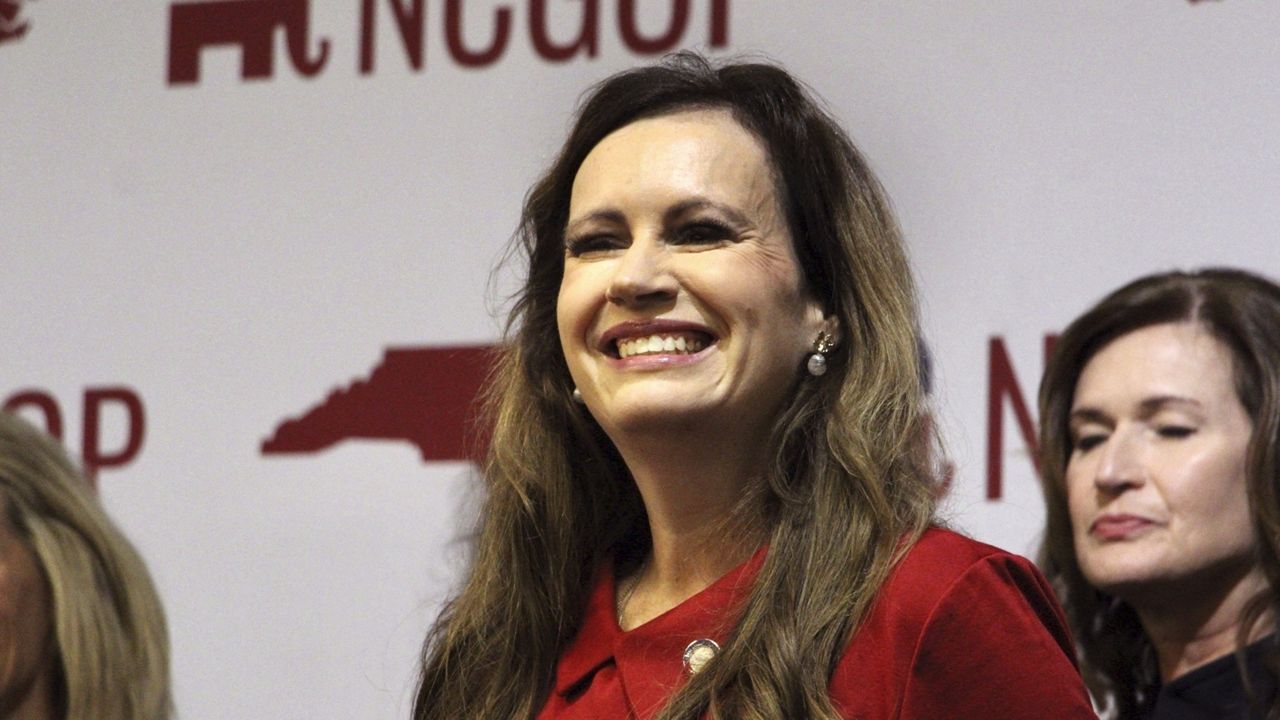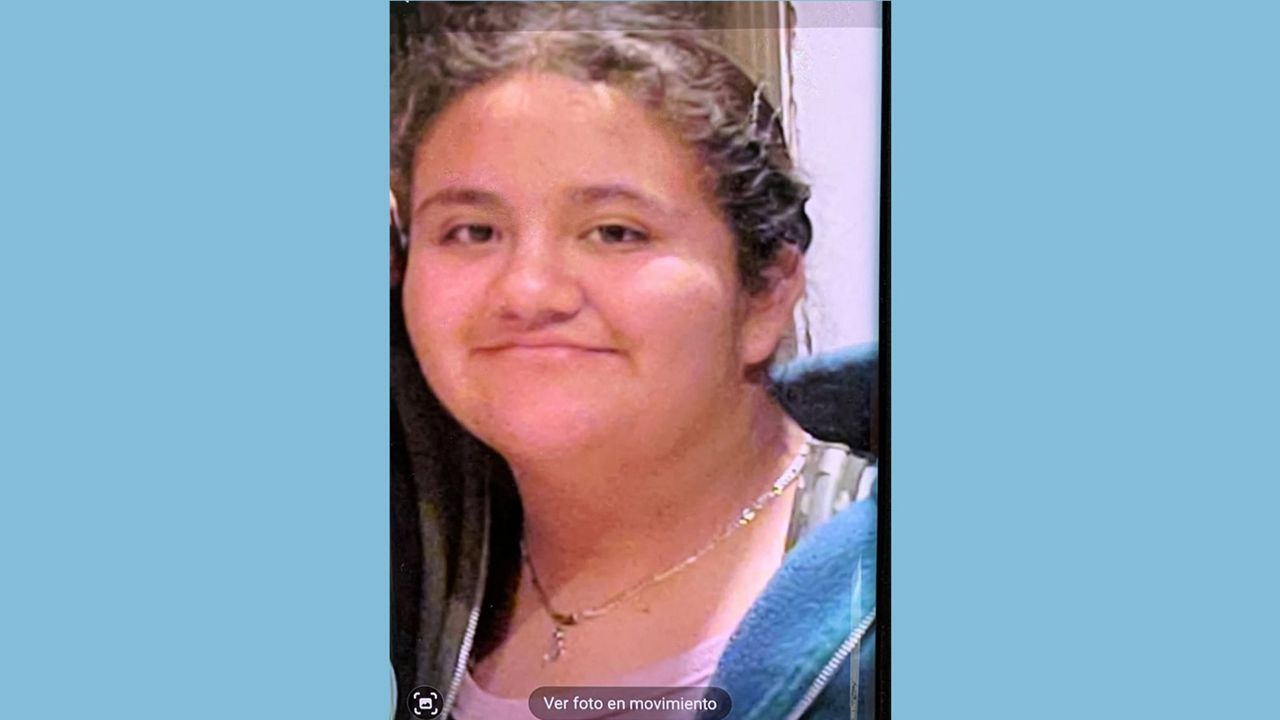Republican leaders in the North Carolina House, until this week, were one vote shy of a veto-proof majority. With Mecklenburg County Rep. Tricia Cotham’s move this week across the aisle, the GOP now has the 72 votes it needs in the House to override the governor’s veto.
The General Assembly had already managed to override the governor’s veto this session, the first time since 2018. That law requires county sheriffs to cooperate with Immigration and Customs Enforcement, checking the immigration status of people in North Carolina jails.
Cotham voted for that bill when it came up in the House. When it came time to vote on overriding Gov. Roy Cooper’s veto, she and two other Democrats sat out the vote, giving House Republicans the two-fifths they needed.
This week, Cotham packed up her desk on the floor of the General Assembly and moved to the other side of the aisle. The switch brought condemnation and calls for her resignation from Democrats as Republicans welcomed her to their caucus. The balance of power on the North Carolina Supreme Court also flipped after the last election. The new Republican majority on the court has reopened cases on the redistricting maps and voter ID.
The move could have far-reaching consequences for North Carolina politics. The legislature this session is considering changes to abortion law, drawing new congressional districts, education funding, restrictions on transgender athletes and a raft of culture-war issues.
Cotham, 44, represents a corner of Mecklenburg County east of Charlotte, House District 112. She is a former teacher with Charlotte-Mecklenburg Schools.
She comes from a family of Democrats. Her mother, Pat, has served on the Democratic National Committee and is a Mecklenburg County commissioner.
Tricia Cotham was elected four times to the North Carolina House from 2008 to 2014. She ran an unsuccessful bid for congress in 2016.
In the 2022 elections, Cotham won both the Democratic primary and the General Election with wide margins.
Her campaign website appears to no longer be online, but is still available through cached versions. On the site, she touts support for Democratic issues, including voting rights, raising the minimum wage, affordable housing, more school funding and supporting LGBT rights.
In a news conference this week at the Republican Party Headquarters in Raleigh, Cotham said, the “modern-day Democratic Party has become unrecognizable to me.”
“If you don’t do exactly what the Democrats want you to do, they will try to bully you. They will try to cast you aside,” she said, according to the Associated Press.
Democratic leaders denied the accusations.
“I am still the same person, and I am going to do what I believe is right and follow my conscience,” she said. “The party that best represents me and my principles and what’s best for North Carolina is the Republican Party.”
Cotham was one of the few Democrats appointed to co-chair a House committee this session. House Speaker Tim Moore appointed her co-chair of the House K-12 education committee. She has also been one of the few Democrats to join Republicans to vote on controversial bills like the one requiring sheriffs to cooperate with ICE.
The same day Republicans hosted Cotham for a news conference, Democrats had an event of their own.
Holding signs that read “resign,” Democratic leaders said Cotham was going against the will of the people who voted for her last year.
“This is deceit of the highest order,” North Carolina Democratic Party Chair Anderson Clayton said in a joint statement with Mecklenburg County Democratic Party Chair Jane Whitley.
“Rep. Cotham’s decision is a betrayal to the people of HD-112 with repercussions not only for the people of her district, but for the entire state of North Carolina. If she can no longer represent the values her constituents trusted her to champion, she should resign immediately,” they said.
North Carolina does not have any provision for voters to recall an elected official, so unless she resigns, Cotham will serve out the remainder of the 2-year term.
One of the biggest issues the legislature could consider this year is new restrictions on abortions in North Carolina.
During her campaign last year, she said she supported protecting abortion rights in North Carolina. She is listed as a sponsor on a bill, filed earlier this year, that would expand abortion access in the state.
In North Carolina, abortion is currently legal up to 20 weeks. A U.S. Supreme Court decision last year overturned Roe v. Wade and left decisions on abortion access up to state legislatures.
Republican leaders in the General Assembly have been working on a bill that would further restrict abortion in North Carolina, though it’s not clear what that legislation could look like. It’s also not clear how Cotham could vote on any new abortion restrictions.
Cotham this week would not say how she would vote on any new proposed restrictions on abortion.
With their new supermajorities in both the state House and Senate, Republican leaders have a laundry list of priorities that will come up this session.
Those issues include: restricting when mail-in ballots can be counted in elections, banning transgender students from playing sports based on gender identity, banning teaching of critical race theory in public schools, school choice and funding for education.
The General Assembly this year also plans to draw new congressional maps. Last year, the North Carolina Supreme Court struck down the redistricting maps, calling them a partisan gerrymander that favored Republicans.
North Carolina Republicans now have a supermajority in the General Assembly. If the party sticks together, they have the votes they need to override any veto by the governor.






_Cropped)


